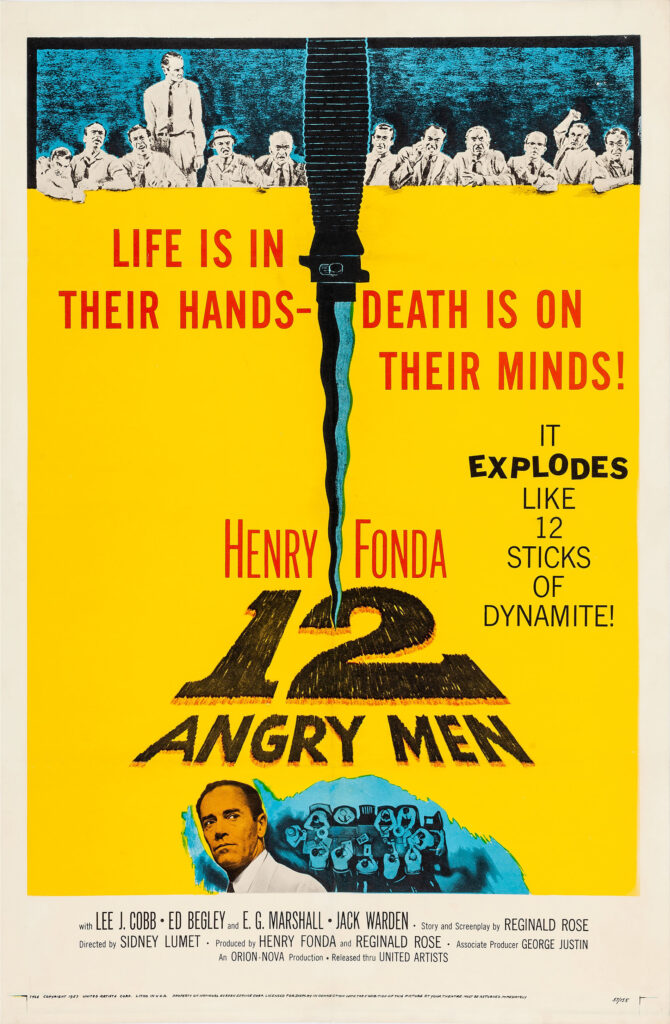
WhatsApp’s recent incorporation of MetaAI for its users in India signifies a new era in the realm of artificial intelligence. This AI chatbot is not limited to the instant messaging app but can be accessed through Facebook and Instagram as well. It responds to a wide range of queries, acting as an always available friend for users. The AI chatbot is being used for various purposes, with most users having access to it, while some are still waiting.
Earlier this year, WhatsApp began limited testing of Meta AI on its platform in various countries. This initial phase aimed to explore how users interact with AI when it’s integrated into the search bar. The goal was to enhance user interaction with Meta AI while ensuring that these interactions remained private. As more and more users used Meta AI, WhatsApp began rolling out the AI tool in other countries as well.
As part of the latest beta update, WhatsApp has taken Meta AI a step further by allowing users to select the AI model that best suits their needs. Users can choose between different models of Meta Llama for their AI conversations. The default model is Llama 3-70B, designed for quicker and simpler prompts. However, WhatsApp is also offering a preview of the more advanced Llama 3-405B model, which is capable of handling more complex queries.
This integration of AI into everyday communication platforms like WhatsApp mirrors the evolution of internet availability and communication technology. Just over a decade ago, the idea of having 24/7 internet access was a novelty, and the concept of voice over IP and video calls was met with skepticism. Yet, these technologies have since become integral to our daily lives, driving both personal and professional interactions.
Similarly, the integration of AI into platforms like WhatsApp, and AI overall, which will initially met with questions and apprehension, will become more accepted and commonplace. As we navigate this new frontier of AI-enhanced communication, it’s important to remember how previous technological advancements, once questioned, have now become indispensable. The advancements in AI, like those in internet availability and communication technology, have the potential to revolutionize the way we interact and communicate.
The best way to get started and embrace AI is to adopt the mindset advocated by Satya Nadella. Satya Nadella, the CEO of Microsoft, has an interesting perspective on the concept of Artificial Intelligence. He prefers to call it “Different Intelligence” rather than “Artificial Intelligence”. According to Nadella, AI is a tool, not an equivalent to human intelligence, and should not be anthropomorphized. He emphasizes that while AI may possess “intelligence”, it’s not the same as human intelligence. Moreover, he stresses the importance of user awareness, noting that while we often describe AI using human terms like “learning”, it does not mean that AI has the same level of intelligence as humans. Nadella’s perspective is a reminder to view AI as a unique form of intelligence, distinct from our own, and to leverage it as a tool for enhancing our capabilities.
It’s time we regularly check AI or DI. Here are three simple stages:
- Understanding the AI Tool: Start by familiarizing yourself with the AI tool you’re using. Learn about its capabilities, limitations, and how it can best serve your needs. For instance, if you’re using Meta AI on WhatsApp, get to know its features and understand how to use it effectively.
- Applying the AI Tool: Once you have a good understanding of the AI tool, begin to use it in a controlled environment. Opt for low-stakes situations where potential mistakes won’t have significant consequences. This step will allow you to observe how the AI responds and adapts to different scenarios.
- Reflecting on Experiences: After using the AI tool, take some time to reflect on your experiences. Consider how the AI tool has assisted you and identify any difficulties you encountered. Use these reflections to inform your future use of the AI tool. These insights might lead you to use the AI tool more frequently or help you realize that you need to adjust your expectations of what the tool can do.
Keep figuring out new ways to use AI and related tools.
As we continue to integrate AI into our daily lives, we should remember that this technology is not a replacement for human intelligence but a tool to enhance our capabilities. The integration of AI into platforms like WhatsApp represents the next step in the evolution of communication technology, offering potential for increased efficiency and personalization. However, it’s crucial to remain informed about the AI tools we use, understanding their capabilities, limitations, and potential impacts. This approach will allow us to make the most of these tools while mitigating potential risks. As we move forward, embracing AI in our daily lives, let’s continue to learn, adapt, and innovate, shaping the future of communication in this exciting new era of AI integration.




